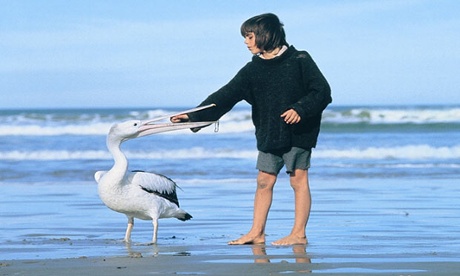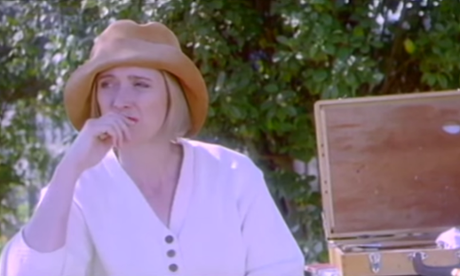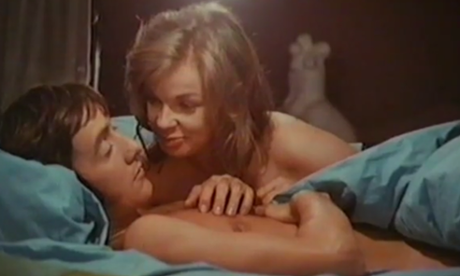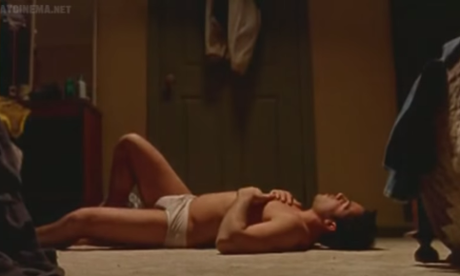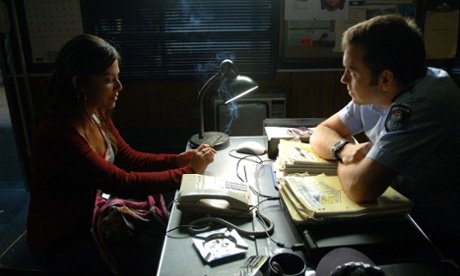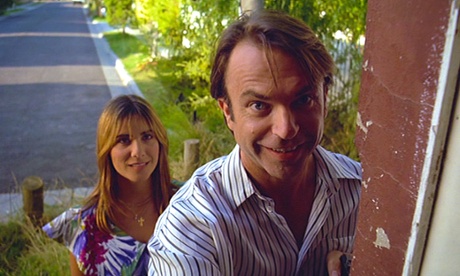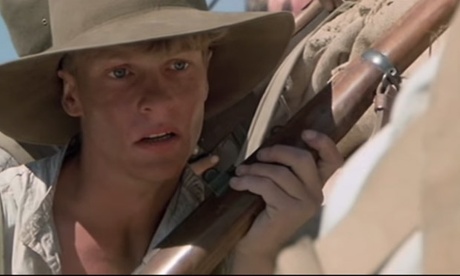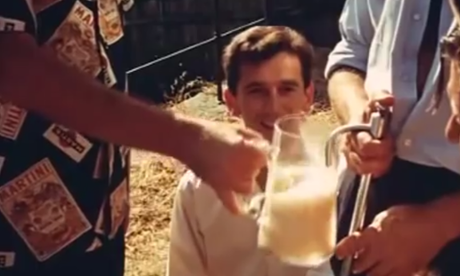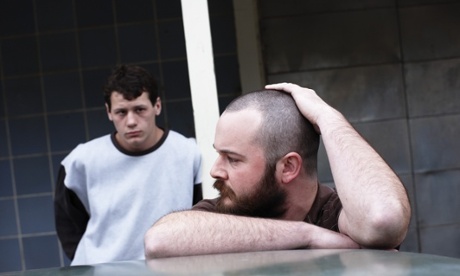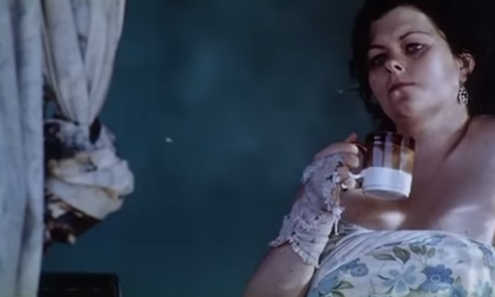Films about the relationship between children and their pets often embody one of the most powerful themes in coming of age stories: the idea of loving something and learning to let it go.
Movies such as Free Willy and E.T. distill that theme into actual visual moments – the whale jumps over the rocks, the alien flies off with the mothership – while others, like director Henri Safran’s 1976 heart-tugger Storm Boy (based on author Colin Thiele’s children’s book) avoid postcard moments in favour of richer and more subtle gestures.
Shot along the coast of Coorong in South Australia, near the mouth of the Murray River, beautiful opening images of the sky and the coastline zoom into a child walking along a beach. Geoff Burton’s cinematography (he also shot The Sum of Us and Hotel Sorrento) avoids the heavy, orange, sunburnt look so common in Australian films set among beaches or in the desert. The season looks more like autumn than summer, helping establish a sense of melancholy important to Storm Boy’s mood and energy.
The boy, Mike aka Storm Boy (Greg Rowe) takes home an artefact collected from the sand. But his father Tom (Peter Cummins) instructs him to throw away the strange contraption (a personal radio), while in the small ramshackle hut they share. “The radio will tell you that you need this and that and a thousand other things,” he says. Tom’s cynicism has a back story, of course, which he will eventually be forced to reassess for the sake of his child.
When we see Mike out in the wetlands by himself he is on a makeshift raft with a makeshift paddle, drifting among the reeds. The way Safran constructs the scene reflects the beauty of the water, which looks like a softly shimmering blanket, small waves moving with the ebb and flow of the film’s editing.
Mike heads towards a small fire burning on an island, where he meets Fingerbone (David Gulpilil). This is one of two friendships core to the film; the other involves a pelican named Mr Percival. After discovering men have been shooting at the birds, Mike pledges to adopt three of them and his father grudgingly agrees. When they are raised to health they are set free but Mr Pervical refuses to leave, flapping about, following Mike, pointing his long snoz in the direction of people rather than the water.
Thus begins probably the most loving portrait of a human being’s relationship with a pelican in cinema history. Granted, it’s not a burgeoning genre, but Storm Boy is right up there with the most affecting family films involving animals. It is also a drama deeply attuned to its own aesthetic. When Tom says “there’s a storm brewing” the film wants us to interpret the line as more than an assessment of the weather. The film’s colour palette darkens to reflect a more sombre state of play as the story progresses.
Twenty minutes in, Gulpilil, in traditional Aboriginal bodypaint, recites a spiritual story about pelicans. Safran cuts to shots of the birds, waves crashing up against rocks, then back to the always entrancing Indigenous actor, now dancing on the sand. Later, during one of the film’s unforgettable scenes – a Willy-esque moment, but minus the super serve of cheese – Percival saves the lives of four sailors stuck in rocky waters.
Saying goodbye to Mr Percival, or at least acknowledging he won’t be around forever, becomes a metaphor for Mike growing up and transitioning from the simple wonder of childhood to a world of greys and complications. When Gulpilil says the final, Circle of Life-esque line – “bird like him, never die” – it’s such a wonderful moment.
The three key (human) performances are wonderful but Percival steals the show. In many ways this plucky and precious pelican is the core of the film. In addition to performing a primitive version of tag (mostly just him running) Percival has a bunch of tricks tucked up his wings, including the ability to catch balls and return them. God knows how they trained a pelican to do all this.
We do know the real Mr Percival, who had been living in Adelaide Zoo since the late-1980s, passed away in 2009. “He was quite willing to accept a pat here and there sometimes, but then as well he could be quite feisty to us and give us a bit of a slap with his beak if he was hungry,” reminisced Percival’s keeper to ABC News.
Perhaps one of show business’s famous adages – never meet your idols – extends all the way to the animal kingdom.
